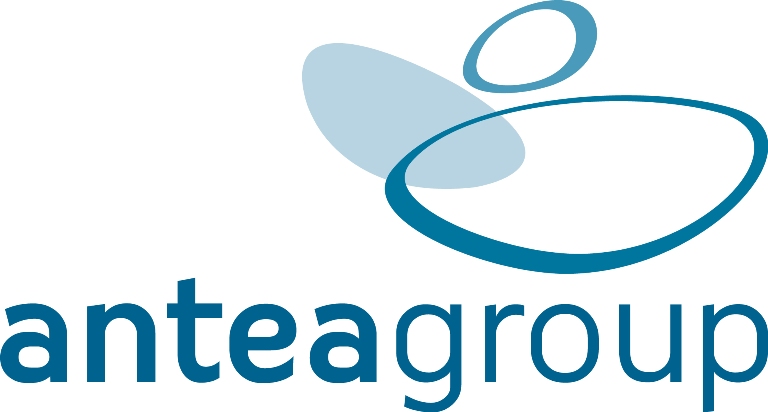Four Tips To Keep Up With Retail Consumer Expectations on ESG and Sustainability

Four Tips to Keep Up with Retail Consumer Expectations on ESG and Sustainability
In recent years, climate change has been making its way into news, media, and even pop culture more and more often. In its latest report, the Intergovernmental Panel on Climate Change (IPCC) highlights the increasingly urgent risks confronting the globe as impacts from climate change mount. As a result, consumer demand for corporate responsibility, transparency, and accountability is rising to new heights — especially when it comes to sustainable business practices, ESG strategies, and combating climate change.
This is particularly true in the retail and consumer goods industry. According to Yale Program on Climate Change Communication research, 41% of Americans say that over the next 12 months, they intend to reward companies that are taking steps to reduce global warming more frequently than they do now.
Another study conducted by Deloitte found that consumers' top five concerns for sustainable or ethical practices include:
- Producing sustainable packaging and products
- Reducing waste in the manufacturing process
- Committing to ethical working practices
- Reducing the carbon footprint
- Respect for human rights
In other words, consumers no longer want companies to have ESG and sustainability strategies - they expect them. These expectations are especially high among the Gen Z cohort who was reported to have $360 billion in disposable income in 2020.
So, the question is, how can you show the consumer you are both talking the talk and walking the walk with your environmental and social practices? Below, we lay out four tips to promoting sustainability throughout your company and to the general public.
1. Double-Down on Transparency
Your company will be held accountable for your actions and practices. This includes your retail space, manufacturing, warehouse and distribution, and even your supply chain partners. So, it’s time to take stock of your vulnerabilities – an impact screening can help you do this.
An impact screening focuses on how each area of your business and your supply chain are impacting people and the planet. Take your time and be thorough; misjudging or not being honest about your organization's impacts can negatively affect your brand reputation down the line.
2. Stakeholder Engagement: It’s No Longer an Option
Consumer voices are increasingly powerful. If you’re not listening, you’re not going to thrive or even survive. A materiality assessment is a great place to start. Conducting a materiality assessment engages your internal and external stakeholders to determine the importance and relevance of ESG topics from their perspectives.
Check out our 7-steps for conducting a materiality assessment to get started.
3. It’s Time to Re-Align
Once you’ve listened to your stakeholders and understand what issues are most material to them, re-evaluate your existing policies and procedures.
Ask yourself, “What’s working and what’s not?”
- Do your initiatives align with what consumers and other stakeholders want?
- Are consumers the only stakeholders that drive your initiatives?
- What is your risk tolerance when it comes to noncompliance, bad press, etc.?
- Do your company values and mission actually drive your current strategy?
- Does your current business strategy include ESG?
- What’s missing?
Addressing these questions can be difficult and requires some reworking of preexisting ideas.
4. Don't Just Talk the Talk
We’re not talking about just saying you’re committed. We’re talking about putting your money where your mouth is and proving it. With more and more companies getting called out (and sued) for greenwashing, it's clear that you need the data to back up your claims.
Get started by setting ambitious goals for your most material ESG topics and develop a roadmap to achieve these goals. Then it’s time to do the heavy lifting by implementing your roadmap and ensuring that everyone in your organization knows your ESG strategy.
Sustainability and ESG reports are important ways to document, report, and share the important initiatives your company is implementing. They allow your organization to tell your story and clearly communicate with internal and external stakeholders.
And don’t forget to share! Designing a landing page, a communications plan, and a social media campaign can help you highlight the hard work you’ve done, share your progress, and clearly communicate plans for on-going initiatives.
Consumers are paying attention to which brands are taking action and which brands are sitting idly by. Oh, and not to mention, regulations are changing fast, so you don’t want to be caught unprepared when some of these voluntary measures become mandatory.
Now, more than ever, companies need to work to elevate their sustainability strategies to protect our world and their businesses. At the end of the day, the health of the environment impacts the health and well-being of consumers, which impacts the health of your bottom line.
Not sure where to get started? Take a look at our 7-step approach to developing an ESG strategy and connect with our sustainability experts today!
About Antea Group
Antea®Group is an environment, health, safety, and sustainability consulting firm. By combining strategic thinking with technical expertise, we do more than effectively solve client challenges; we deliver sustainable results for a better future. We work in partnership with and advise many of the world’s most sustainable companies to address ESG-business challenges in a way that fits their pace and unique objectives. Our consultants equip organizations to better understand threats, capture opportunities and find their position of strength. Lastly, we maintain a global perspective on ESG issues through not only our work with multinational clients, but also through our sister organizations in Europe, Asia, and Latin America and as a founding member of the Inogen Alliance. Learn more at us.anteagroup.com.

